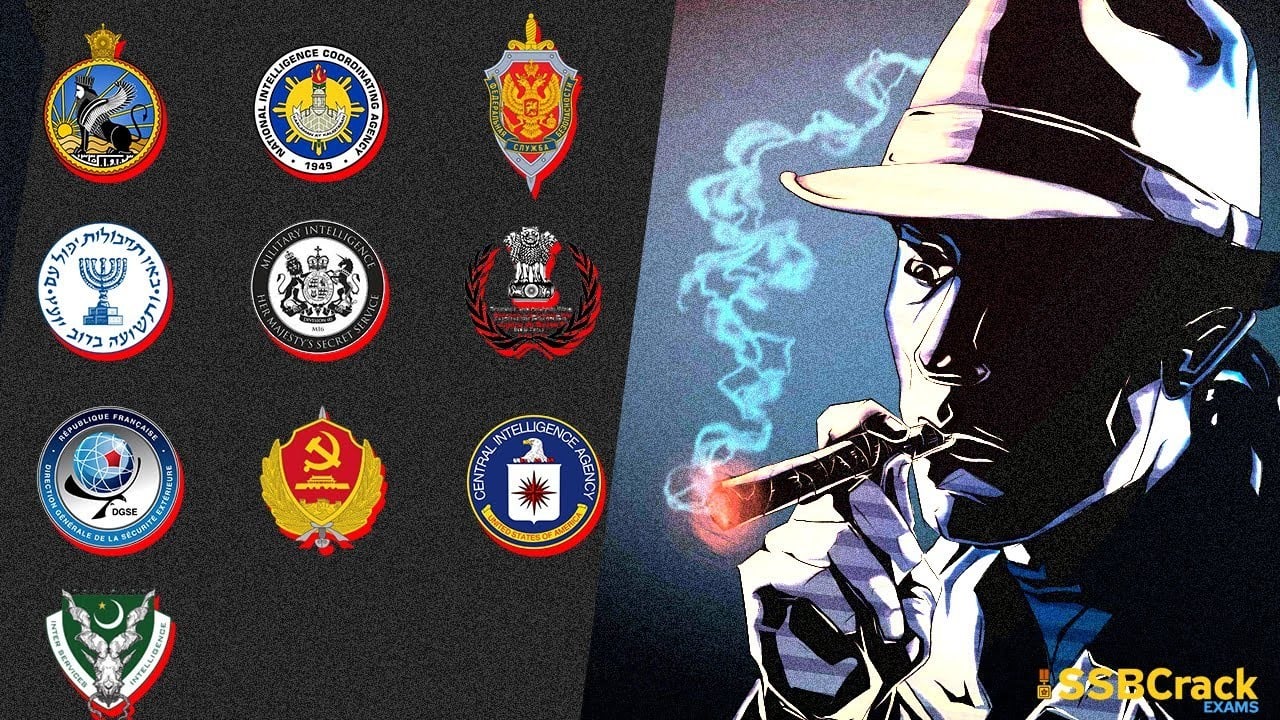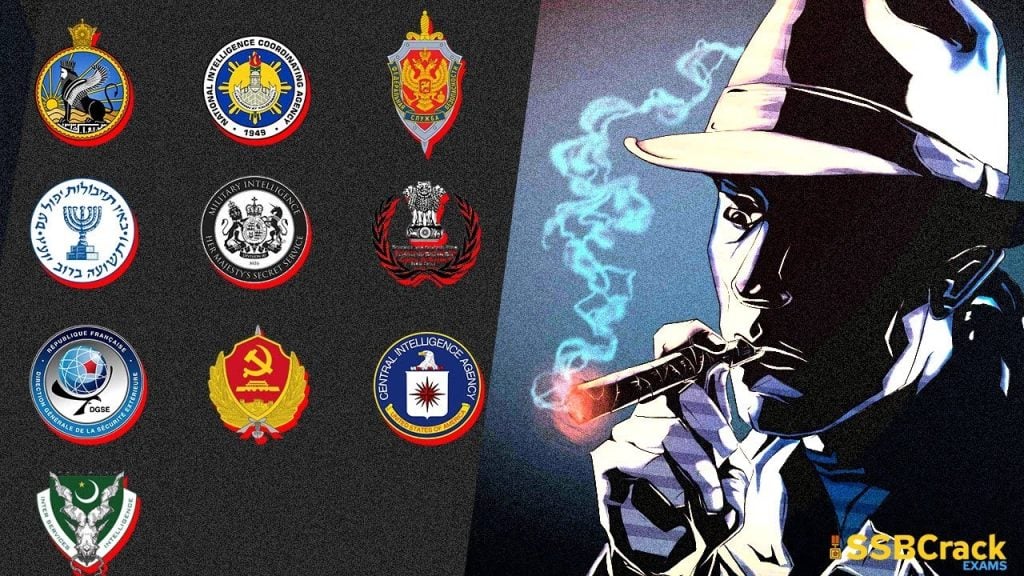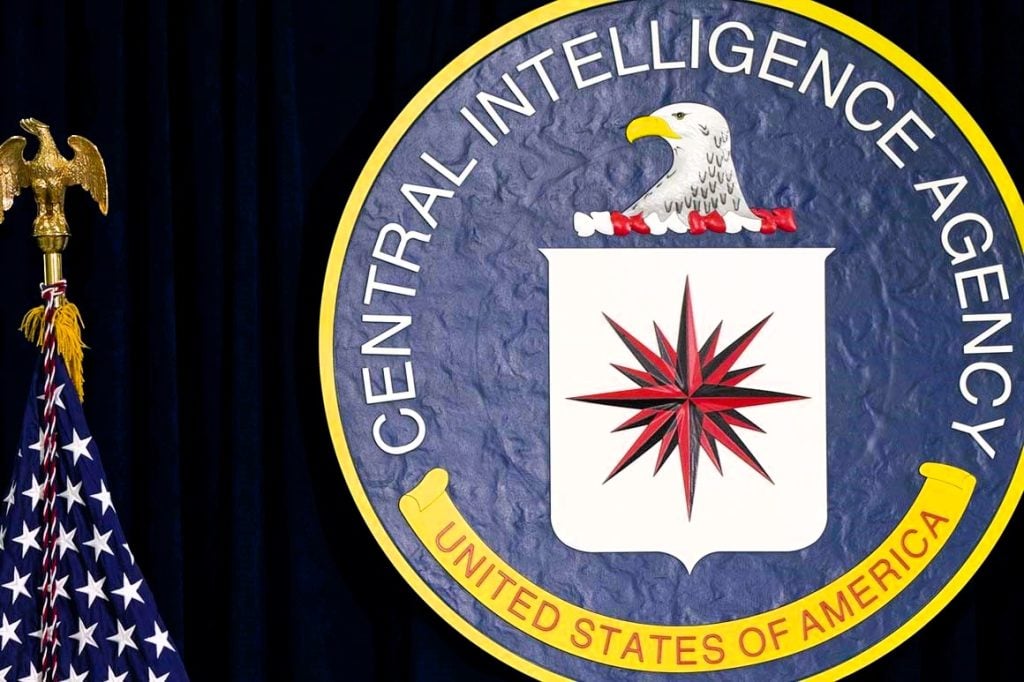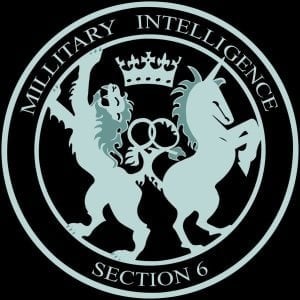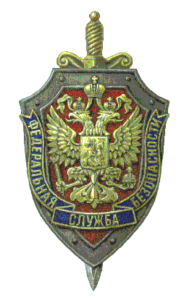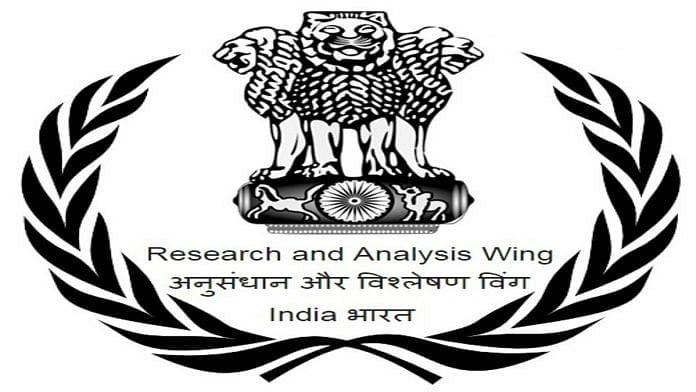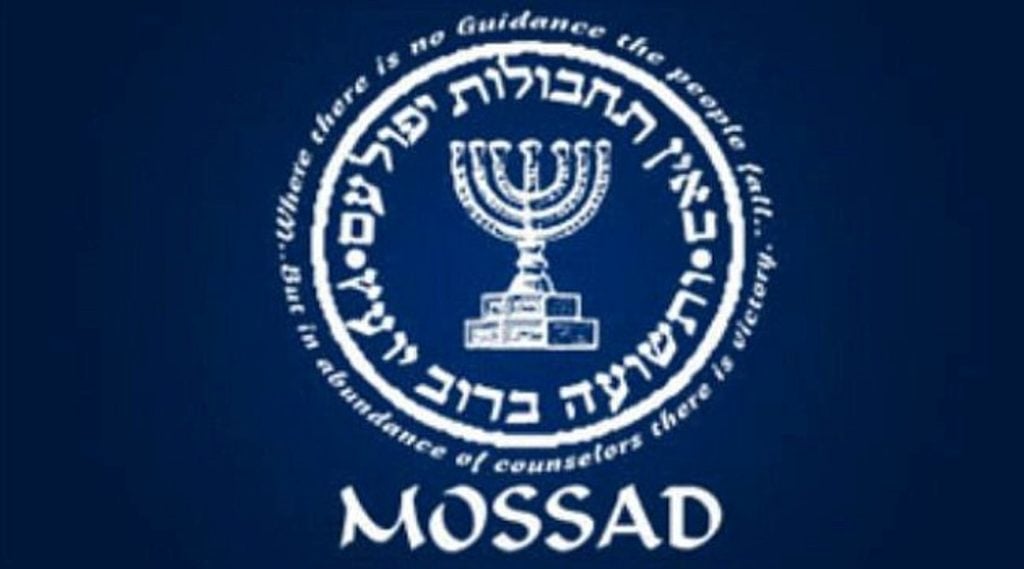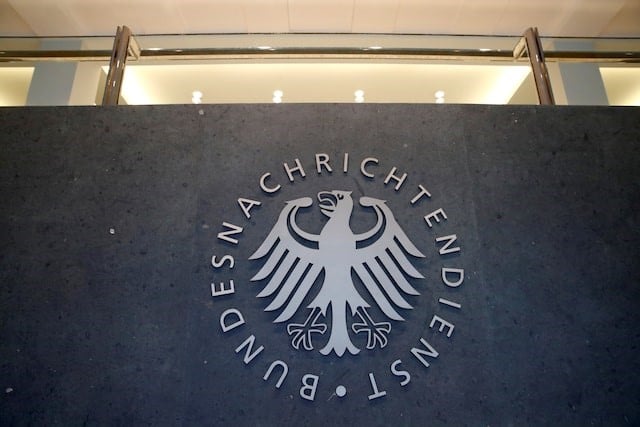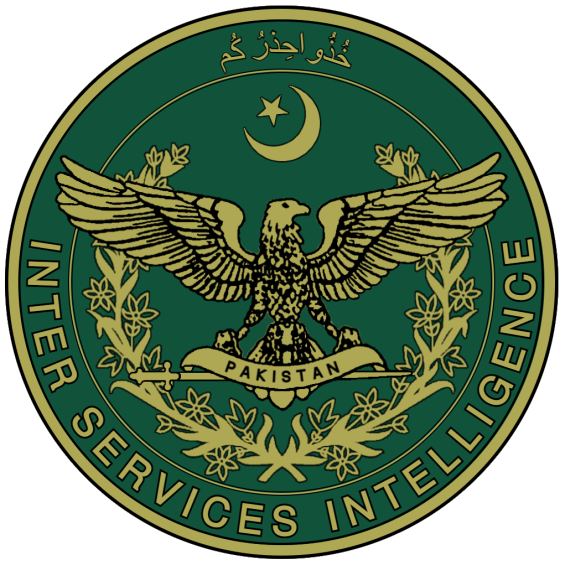Security Intelligence is the cornerstone of strategic decision-making, providing critical insights that can determine the course of nations. From safeguarding national interests to countering emerging threats, the world’s leading intelligence agencies play a pivotal role in shaping global security. In this comprehensive article, we delve into the capabilities, operations, and impact of 10 Best Intelligence Agencies in the World 2024.
10 Top Single-Engine Fighter Jets of All Time
1. The Central Intelligence Agency (CIA) – America’s Premier Espionage Powerhouse
Established in 1947, the Central Intelligence Agency (CIA) is the United States’ premier foreign intelligence agency. Tasked with gathering, processing, and analyzing national security information, the CIA utilizes a vast array of human intelligence (HUMINT) sources to provide the President and policymakers with crucial insights.
Known for its rigorous agent training program and cutting-edge technological capabilities, the CIA has been at the forefront of some of the world’s most significant intelligence operations, from the assassination of Osama bin Laden to covert activities during the Cold War and recent conflicts in the Middle East.
2. MI6 – The United Kingdom’s Clandestine Espionage Service
The Secret Intelligence Service, commonly known as MI6, is the United Kingdom’s foreign intelligence agency. Tracing its roots back to 1909, MI6 is responsible for collecting and analyzing intelligence to safeguard British national security interests. Renowned for its expertise in foreign espionage and counter-intelligence, MI6 has played a pivotal role in major historical events, such as the Enigma code-breaking during World War II and covert operations against the Soviet Union during the Cold War.
Today, the agency continues to adapt to emerging global threats, leveraging its extensive international network and specialized capabilities.
3. The Federal Security Service (FSB) – Russia’s Powerful Intelligence Arm
The Federal Security Service (FSB) is the principal security agency of the Russian Federation, serving as the successor to the infamous Soviet-era KGB. Tasked with counter-intelligence, internal security, and counter-terrorism, the FSB has undergone significant reforms under the Putin administration, refining its areas of focus and operational methods.
While the agency maintains a formidable reputation, it has also been the subject of controversy, with allegations of involvement in various political and security incidents both within Russia and abroad.
4. Research and Analysis Wing (R&AW) – India’s Premier Foreign Intelligence Agency
Established in 1968, the Research and Analysis Wing (R&AW) is India’s primary foreign intelligence agency. Formed in the aftermath of the Sino-Indian and Indo-Pakistani wars, R&AW is responsible for gathering foreign intelligence, engaging in counter-terrorism, and promoting India’s strategic interests globally.
The agency’s diverse recruitment pool, which includes civil servants, police officers, and military personnel, enables it to leverage a wide range of expertise and capabilities. R&AW has been instrumental in several key operations, from the creation of Bangladesh to covert actions in Balochistan and the Kargil War.
5. Mossad – Israel’s Legendary Intelligence Service
Mossad, the national intelligence agency of Israel, is renowned for its exceptional capabilities in intelligence collection, covert operations, and counter-terrorism. Established in 1949, Mossad is responsible for safeguarding Israeli national security interests and advancing the country’s strategic objectives globally. The agency’s unique “11th man” approach, which involves systematically challenging and scrutinizing every planned operation, is believed to contribute to its formidable reputation and effectiveness.
Mossad has been involved in high-profile operations, such as the capture of Nazi war criminal Adolf Eichmann and counterterrorism efforts in the aftermath of the Munich Olympics massacre.
13 Celebs You Didn’t Know Were Pilots
6. The Federal Intelligence Service (BND) – Germany’s Espionage and Security Powerhouse
The Federal Intelligence Service, or Bundesnachrichtendienst (BND), is Germany’s foreign intelligence agency. Established in 1956, the BND is responsible for collecting and evaluating information on a wide range of threats, including international terrorism, the proliferation of weapons of mass destruction, organized crime, and illegal technology transfers.
The agency’s focus on electronic surveillance and wiretapping has made it a key player in global intelligence-gathering efforts, contributing to major operations such as the Munich Olympics security and the Iraq invasion.
7. The Ministry of State Security (MSS) – China’s Secretive Intelligence Apparatus
The Ministry of State Security (MSS) is the intelligence and security agency of the People’s Republic of China. Formed in 1983, the MSS is responsible for counterintelligence, foreign intelligence, and political security. Known for its covert and silent operations, the MSS is often compared to the infamous KGB of the Soviet Union.
The agency is believed to be heavily involved in efforts to infiltrate and destabilize other nations, ultimately aligning them with China’s strategic interests.
8. The Inter-Services Intelligence (ISI) – Pakistan’s Controversial Intelligence Agency
The Inter-Services Intelligence (ISI) is the premier military intelligence agency of Pakistan, responsible for providing critical national security assessments to the government. While the ISI is considered a battle-proven and influential player in the Asian region, it has also been the subject of considerable controversy, particularly due to its alleged involvement in terrorist activities and its contentious relationship with India.
The agency’s diverse departments, ranging from covert action to joint intelligence, reflect its broad mandate and capabilities.
9. The Australian Secret Intelligence Service (ASIS) – Australia’s Clandestine Foreign Espionage Unit
The Australian Secret Intelligence Service (ASIS) is the national foreign intelligence agency of Australia. Established in 1952, ASIS is tasked with overseas intelligence collection, including both counter-intelligence and liaison with the intelligence agencies of other countries. Comparable to the British MI6 and the American CIA, ASIS plays a crucial role in safeguarding Australian national security interests and advancing the country’s strategic objectives globally.
10. The Directorate-General for External Security (DGSE) – France’s Elite Intelligence Agency
The Directorate-General for External Security (DGSE) is France’s external intelligence agency, responsible for performing paramilitary and counterintelligence operations abroad. Established in 1982, the DGSE operates under the direction of the French Ministry of Defence, working alongside its domestic counterpart, the DGSI, to provide intelligence and protect national security.
The agency’s diverse divisions, ranging from administration to technical intelligence, enable it to tackle a wide range of global threats and challenges.
9 Leading Fighter Jets from Israel
Conclusion
The world’s top intelligence agencies are the unsung heroes of global security, operating in the shadows to safeguard their respective nations and advance strategic interests. From the CIA’s high-profile operations to the covert activities of Mossad and the MSS, these agencies demonstrate the power of intelligence-gathering and the critical role it plays in shaping the geopolitical landscape. As the world continues to evolve, the need for effective, adaptable, and technologically-advanced intelligence agencies will only grow, making these organizations increasingly vital to the stability and security of nations worldwide.
FAQs
1. What is the primary function of intelligence agencies?
The primary function of intelligence agencies is to gather, process, and analyze information related to national security, foreign threats, and strategic interests. They provide critical insights to policymakers and decision-makers to support informed decision-making and strategic planning.
2. How do intelligence agencies recruit and train their personnel?
Intelligence agencies typically recruit from a diverse pool of talent, including civil servants, military personnel, and specialized professionals. They often have their own training programs to equip recruits with the necessary skills and expertise, ranging from language proficiency to covert operations and counterintelligence.
3. What are some of the most significant operations conducted by the world’s top intelligence agencies?
Some of the most significant operations conducted by the world’s top intelligence agencies include the assassination of Osama bin Laden by the CIA, the Enigma code-breaking during World War II by MI6, the creation of Bangladesh by R&AW, and the capture of Nazi war criminal Adolf Eichmann by Mossad.
4. How do intelligence agencies maintain secrecy and protect their operations?
Intelligence agencies employ a range of techniques to maintain secrecy and protect their operations, including the use of covert communication channels, the creation of cover identities, and the implementation of strict operational security protocols. They also leverage advanced technologies and specialized training to ensure the confidentiality of their activities.
5. What are the key challenges faced by intelligence agencies in the modern era?
Some of the key challenges faced by intelligence agencies in the modern era include the proliferation of global threats, the rapid evolution of technology, the need for cross-border collaboration, and the increasing public scrutiny and accountability demands placed on these organizations.
